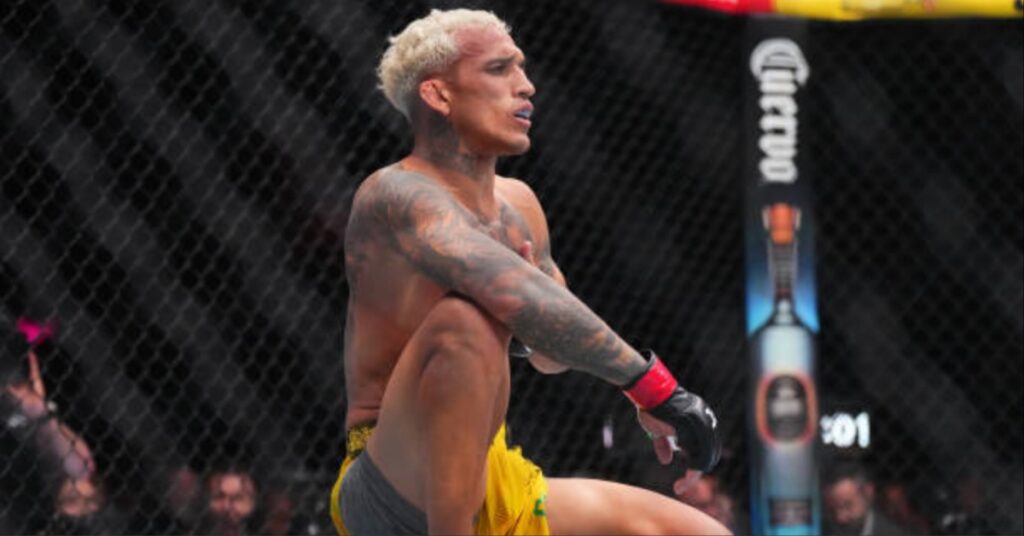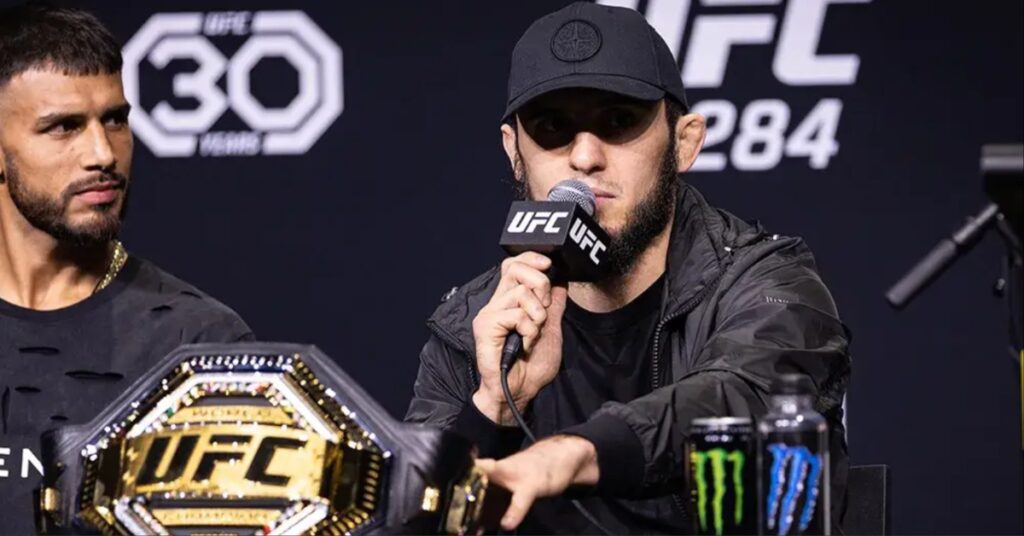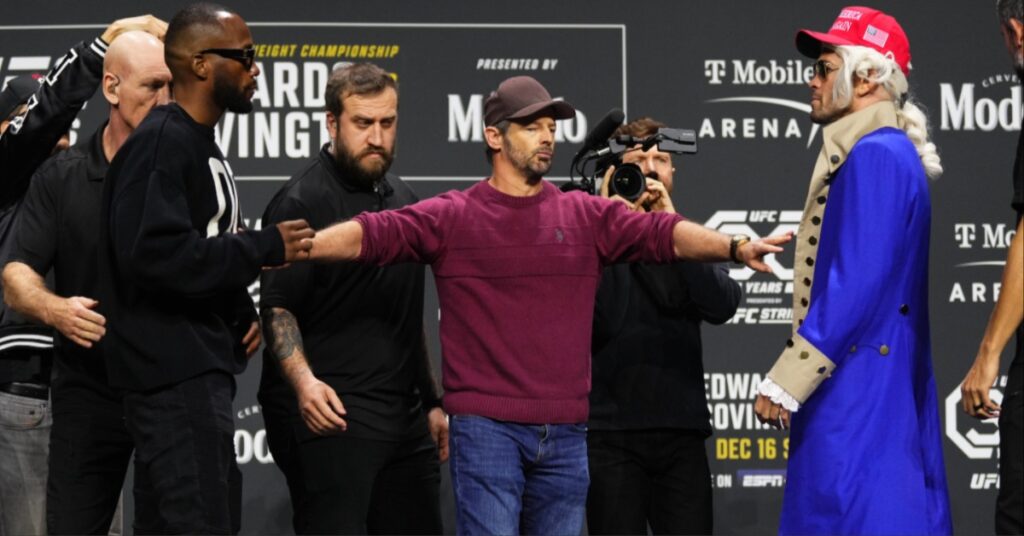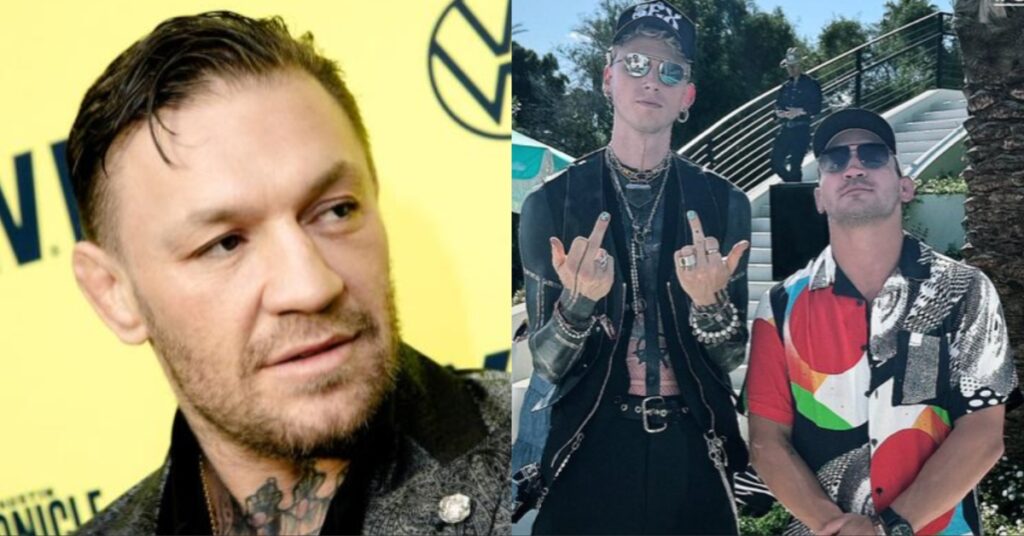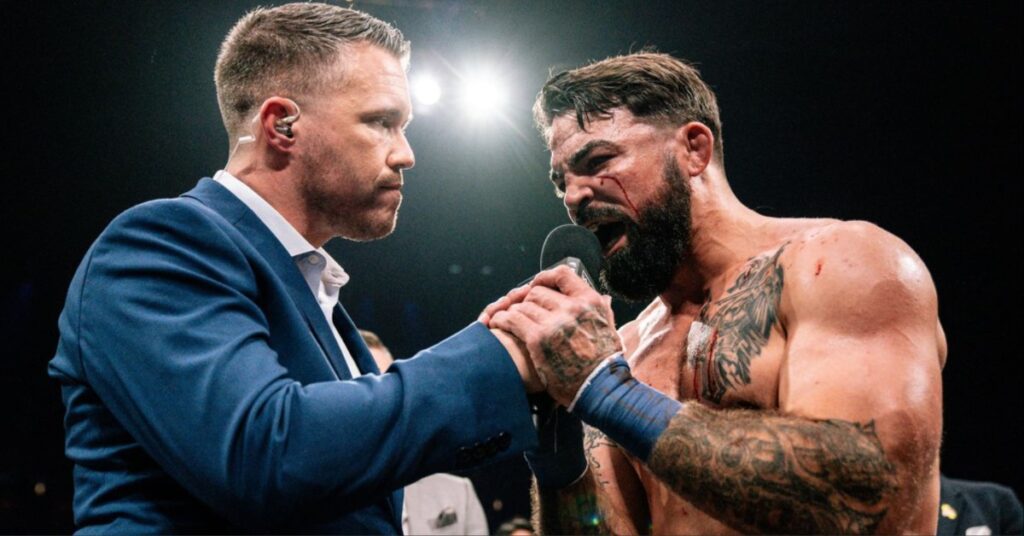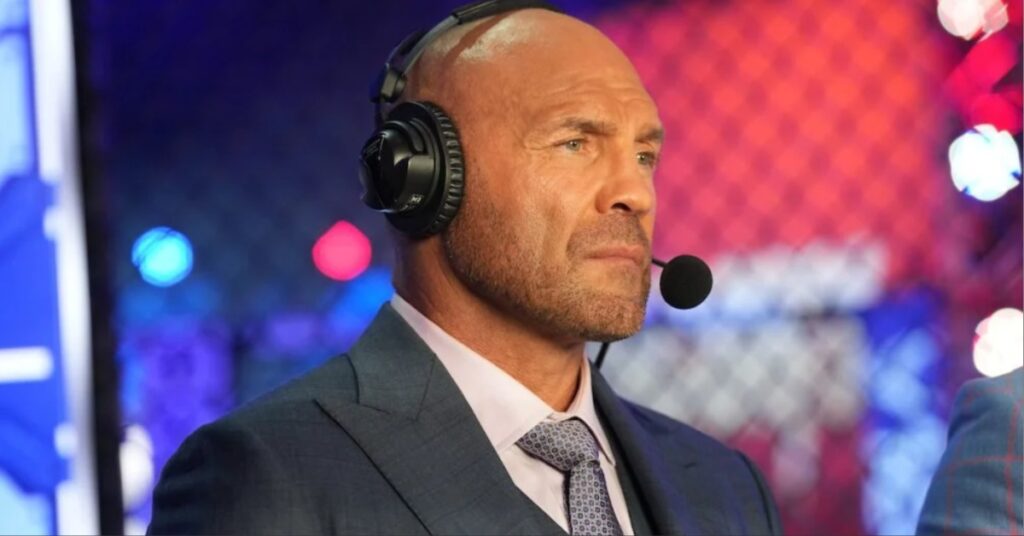Rousimar Palhares’s History of Assholishness Contributed to UFC 111 Suspension
(Rousimar Palhares vs. Helio Dipp, 3/10/07. Dipp passes out at 2:06. Palhares lets go at 2:10. Despite the peppy soundtrack, nobody appears to be very happy about it.)
If you’re a UFC fighter who competes every four months, a 90-day suspension is a fairly empty gesture. Still, we have to give some props to the New Jersey State Athletic Control Board for making it officially known that holding onto a submission after the referee has stopped the fight is, at the very least, frowned upon. So why did they decide to make an example out of Rousimar Palhares, following his heel hook of Tomasz Drwal at UFC 111? Turns out, holding onto subs well past the point of necessity is a bad habit for “Toquinho”:
“When a referee’s in there pulling three times and the other fighter’s tapping…I think everybody knows, regardless of language issues or anything, at that point the referee’s trying to stop the fight,” [NJSACB counsel Nick] Lembo told Sherdog.com on Monday…”A referee should not have to use that much force to release a heel (hook),” Lembo wrote…
Lembo said Palhares’ past adherence to [holding submissions to eliminate any dispute that the other fighter tapped] is part of what led to his decision. He reviewed Palhares’ submissions of Helio Dipp and Flavio Luiz Moura in Brazil in 2007 before Saturday’s fight and thought those holds were held too long as well. “If you watch those two fights, that concerned me,” Lembo said. “He’s very, very slow after the referee physically intervenes, as in this case. I think Palhares in an outstanding fighter with an outstanding future. Maybe this will send a message that his camp can discuss this with him and maybe alter it a little bit.”
For reference, here’s the other fight that Lembo mentioned, Palhares’s heel-hook win over Flavio Luiz Moura in August 2007. It’s a little more subtle than the Dipp ending, but if you watch closely you can see Palhares give the leglock one extra torque after the ref jumps in, perhaps in retaliation for the footstomps that came directly before it:
After the suspension came down, Palhares’s manager Alex Davis explained, “When Rousimar catches a position, he wants to make sure he holds on to it, that’s the main thing. It was the very first minute of the fight, that’s when the adrenaline’s pumping and you know what, a fighter isn’t really all there. The adrenaline is not making him think right. He’s closing his eyes and he wants to finish.” So…
Point: “Temporary insanity” is a ridiculous argument. As a professional fighter, you need to have the maturity to stop doing damage to your opponent after the fight has been stopped. There’s clearly something wrong with this Palhares guy.
Counter-point: Punishment for this sort of thing is woefully subjective. There are no standard penalties for holding onto submissions after an official stoppage — the length of the suspension that Palhares caught in New Jersey was fairly arbitrary, and only came about because Lembo & Co. were informed enough to know of Palhares’s past transgressions. Plus, the rule is enforced sporadically, and only in the most flagrant of cases. (See: Renato Sobral being cut by the UFC after failing to release his choke against David Heath at UFC 74.) So how is a fighter supposed to know when he’s gone too far?
I’ve been thinking about this since John Howard teed off on a clearly-unconscious Daniel Roberts at UFC on Versus. Sure, we can chastise Palhares and Howard for not having more consideration for their opponents’ health. But until the UFC’s fighters get an official message saying, for example, “You will be suspended for six months and fined $25,000 if you fail to release a submission hold after you’ve been ordered to, or continue to punch an opponent after he’s been rendered unconscious,” I don’t think all the blame can be placed on the fighters. The consequences for intentionally injuring your opponent after a fight is stopped must be defined and enforced, and right now, it all seems to be a matter of opinion.
(BG)

